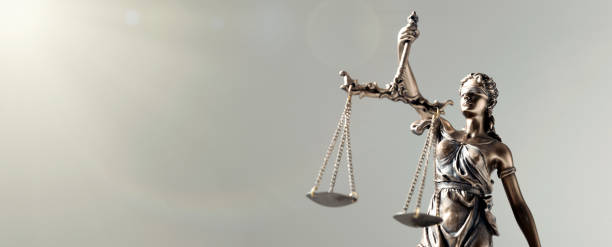San Antonio Court of Appeals Discusses "Talking" Police Reports in DWI Cases
In a DWI case that was tried in Bexar County, the San Antonio Court of Appeals earlier this month addressed a common situation in DWI cases where prosecutors seek to use recorded statements of the investigating officer during the roadside investigation even though the statements were one-sided and self-serving. These recordings are known as "talking offense reports."
On-the-scene officer observations in DWI cases are "fraught with the thought of future prosecution," according to the courts, because the police officer is gathering evidence to use in deciding whether to arrest and charge someone with a crime. Lawyer firm in Georgia. Calculation "shimmers in the air," since the officer is gathering evidence; he is not making an off-hand, non-reflective observation about the world as it passes by. For a talking offense report to be admissible over the hearsay rule, the statements have to be "non-reflective observations of a neutral observer."
In the typical talking offense report case, the officer begins by asking for the defendant's driver's license and for his insurance. The officer will also ask whether the defendant was drinking, because the officer purportedly smelled alcohol, and the officer will then quickly ask the defendant how much the defendant had been drinking. The officer will then go back to his patrol car and dictate that the defendant slurred his speech, and fumbled with his insurance and license, and the officer will also say that he smelled a strong odor of alcoholic beverage. The officer will return to the defendant and order him to stand outside of view of the video camera for purposes of conducting field sobriety tests, including the HGN test, which is the examination of the defendant's eyes. The officer will dictate his observations, which will be unfavorable to the defendant, during the field sobriety tests.
The San Antonio Court held that the narrative statements in its case could not be used. After the initial encounter, the officer dictated that "this gentleman...smells like alcohol...his eyes are bloodshot...his face is flushed...he was unaware of the speed limit out here...he told me that he hasn't had any alcohol to drink, but I smell the alcohol...he does not want to do any sobriety tests." During his off-camera search of the car, the officer pointed out that he saw pills, beer, and wine, and "did not expect to find all this alcohol." The statements were obviously made with the thought of a DWI prosecution in mind.

Комментарии
Отправить комментарий